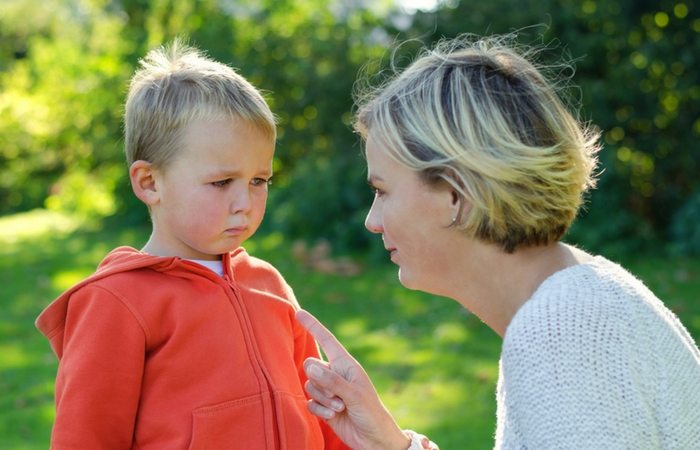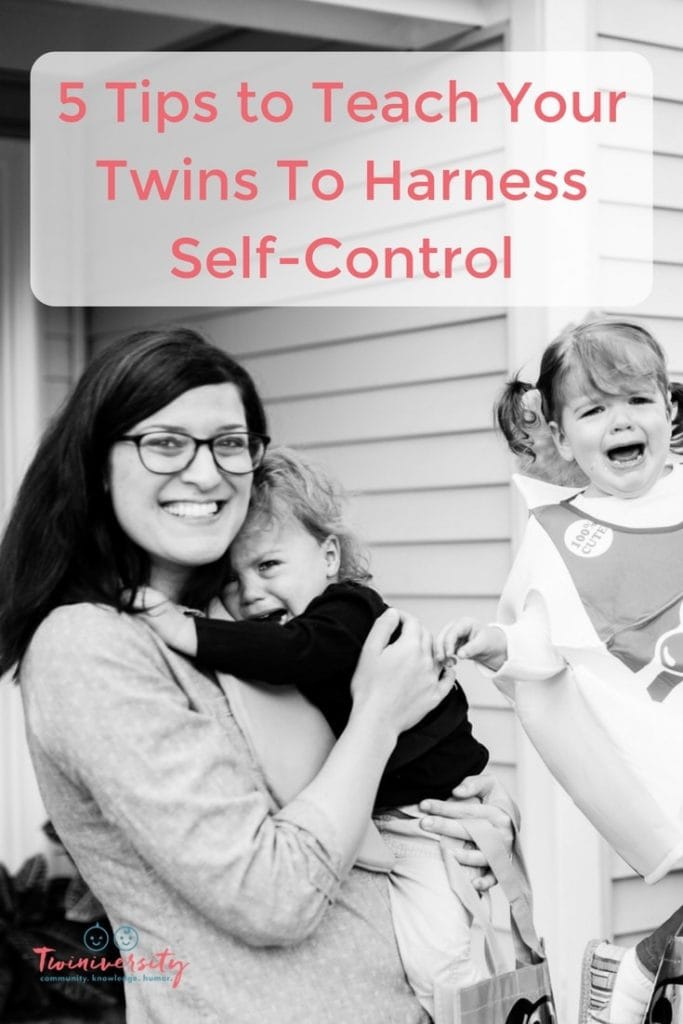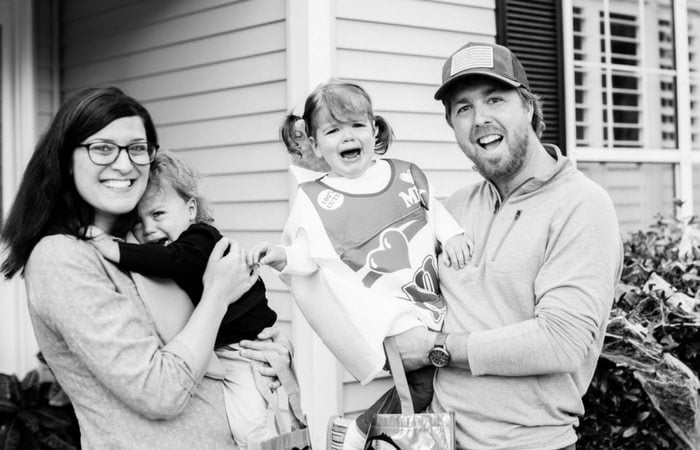Last updated on October 31st, 2023 at 09:44 pm
Twins can often feel like survival of the fittest, and many days my twins seem to be the ones taking a victory lap. The other day, when I stole a moment for myself and was scrolling Instagram, I laughed at a meme that said, “Never in the history of calming down has anyone ever calmed down by being told to calm down.” I laughed, but then I realized this is exactly what I was doing when my twins lost all control. Thankfully, one of my twinadoes is in early intervention so I have lots of professionals to seek advice from. Here are the five best tips I learned to teach your twins to harness self-control.
1. Speak Softly
My gut reaction when the twins get frustrated and have outbursts is usually to respond in the same. They’re frustrated, I’m frustrated, and we all end up in tears wondering why we can’t have nice things.
Enter some sage advice: speak softly. Have you ever seen those magical preschool teachers that just whisper to a classroom full of insane toddlers and they all calm down and gather round to hear what the teacher is saying? I don’t understand it either, it’s like the Pied Piper came and drugged my children. But for some reason, in moments of chaos, the one person who remains calm and speaks softly can reason with the most irrational terrorist, or toddler.
So I try. When my twins throw their food because they wanted string cheese NOT shredded cheese, I try to take a deep breath, hold in my feelings and calmly explain to them that it’s “not nice” to throw things.

2. Get On Their Level
Remember that childhood bully who seemed to tower over you on the snow pile when playing king of the mountain? Terrifying. I still shudder at the thought of being rolled down the snowy mountain. But think about it, we look like giants to our toddlers and when they are upset it doesn’t help to get equally as frustrated and look down on them.
Simply kneeling down and getting at their eye level neutralizes the playing field and gives your toddler a chance to express themselves in that moment, without judgement. (Just watch where you are kneeling or you may end up with applesauce or berries all over your pants.)
3. Have Them Use Their Words
One of the biggest causes for frustration between 1-3 years old is the lack of ability to properly put into words what they are feeling. Often a tantrum can be prevented through verbal communication, but when you only know a handful of words, if any, screaming and hitting are an easier way of getting the point across.
This takes time, especially with twins who can experience greater language delays than singleton children. My only advice here, and this is something we try do on a daily basis in our house, is to remain consistent. Every time a twin has an outburst, calmly tell them to use their words. We give them options like, “no,” “stop it” or “not nice” depending on the circumstance. We then follow up with what the appropriate behavior is and try to praise them when we catch them responding appropriately.

4. Give Them Space
This has been huge in our house. Our child’s early interventionist noticed that when one of our little ones would lose control and couldn’t reign it in, we simply had to give her space to process her emotions and calm down. That meant a couple minutes in the crib to have a good cry and release that frustration would do us all good, over trying to create a teachable moment.
I’m not saying every time your kid pitches a fit to “crib them” or to leave them in there for an extended period of time, but when a situation appears to be out of control, it’s okay to give them space to be upset and calm down. Sometimes that is all it takes, especially for a twin who is never alone, to harness self-control.
5. You’re Not Alone
One of the most encouraging things our daughter’s physical therapist said is that tantrums and outbursts are developmentally normal at this age, and to be expected. Yes, you wont see them on Instagram or Facebook, where every other toddler looks angelic and happy and calm, but believe me, we all go through it and it’s normal.

Of course you want to help guide your children and teach them how to process their emotions in a healthy way, but give yourself some grace. Imagine if you were trying to figure out how to use language for the first time and navigate the world on your own- you’d be frustrated too. And because you have two (or more) children experiencing this developmental period at the same time it can feel really intense.
Just know that you are doing the best you can and you’re going to lose your cool sometimes and you’re going to get frustrated and you may cry in the bathroom; but, one day soon you will be able to venture out in public without fear that your kids may melt down at the store because they have to wear shoes. And that my friend, is worth looking forward to.







